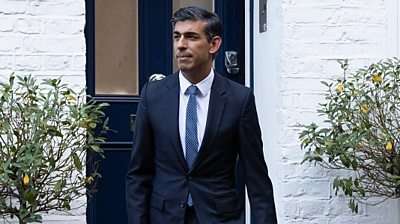A survey conducted by the government of Ghana has revealed that financial inclusion, which is, the availability of financial services and products, for adults (15 years and older) through banks and non-bank financial institutions has significantly increased to 95%.
This increase is attributed to the influence and fast growth of mobile money, which has now become the most sort after mode of financial transaction for the larger populace due to its convenience and ease of use.
The 95% access to financial services and products for adults, formally served by banks and non-bank financial institutions, has exceeded the government’s target of 85% set in the National Financial Inclusion and Development Strategy (NFIDS) for 2017-2023.
The strategy aims to increase the availability of affordable, high-quality financial services that meet the needs of all Ghanaian citizens.
The strategy aimed at increasing the percentage of the adult population in the country with access to financial services from 58% to 85% by 2023.
The Demand Side Survey (DSS) funded by the World Bank and commissioned by the Ministry of Finance in 2021 to assess financial inclusion among the adult population, found that mobile money has significantly increased inclusion.
The purpose of the survey is to gather data to inform the development of public and private sector initiatives that will increase and expand financial inclusion.
According to Dr. John Kumah, the Deputy Minister of Finance, only 0.6% of adults now solely rely on banking services, a decrease of 15.2% from 2020.

The impact of mobile money has caused the percentage of adults relying on informal mechanisms to decrease from 15.3% in 2010 to 1% currently, Dr. Kumah noted.
The deputy finance minister also stated that the DSS is the second survey to be conducted since 2010 and that financial inclusion is a priority for the government because it is essential for reducing poverty and promoting the development of the country. The survey was conducted in all 16 regions of the country.
The survey, Dr. Kumah indicated, would go a long way to inform policy on financial inclusion and urged the regulators and players in banking and non-banking financial institutions to develop regulations, products and services to promote financial inclusion.
“The DSS will serve as a benchmark for financial inclusion policies”, Dr. Kumah said and urged all stakeholders to use the data of the survey for informed decision making in their various organizations and as well for the development of the country.
Dr. Kumah, in his final remarks commended the World Bank for funding the survey.
DSS Commits To Help Measure The Progress of Financial Inclusion
Patrick Nomo, the Chief Director of the Ministry of Finance, as a way of showing their commitment and contribution to financial inclusion, said DSS was commissioned in 2021 to measure progress made in the financial inclusion landscape.
The DSS was custom-built to provide information on the demand for, access to, use of and behavior towards financial services among the adult population in Ghana.
“DSS will help policy makers and financial service providers to develop a more targeted response to bridge the gaps in access and usage of financial services.”
Mr. Nomo

Additionally, Mr. Nomo indicated that Ghana had made significant progress in her journey to achieve absolute financial inclusion.
More so, 2012 saw the country making commitment under the Maya Declaration, a global initiative that supported sustainable financial inclusion towards poverty reduction and financial stability.
READ ALSO: MTN Increases MoMo Transaction Limits to Enhance Customer Experience




















